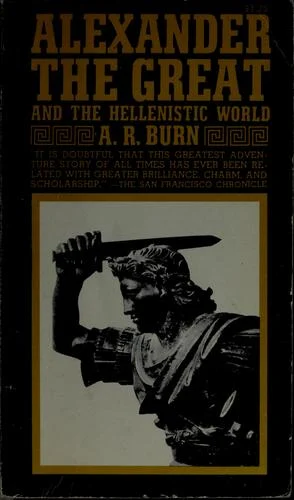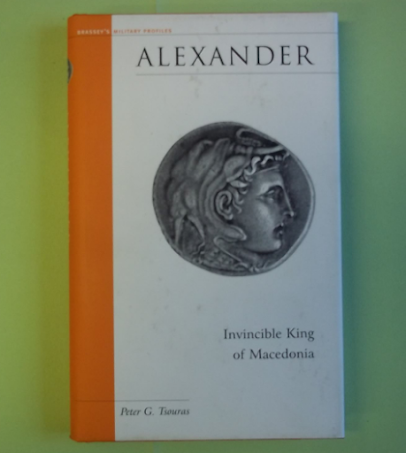Quote:
His
Macedonians murmured at his Oriental dress and manners, but Alexander was
always a Greek at heart, the lines of Homer always rang in his ears, and he
fancied himself a reincarnation of Achilles pursuing his Phrygian Hectors over
the dusty plains of Troy.
page 243
Quote:
Oriental
life and language continued, but in the towns and for purposes of government
both the language and the civilisation were Greek. Thus Alexander had done his
work. He had actually added the whole of Asia Minor, Phœnicia, and Egypt to the
Greek world. Curious traces of Hellenism are found even in distant India.
The Glory that was Greece: A Survey of Hellenic Culture & Civilisation by Stobart, J. C. Lippincott ,1911

















































